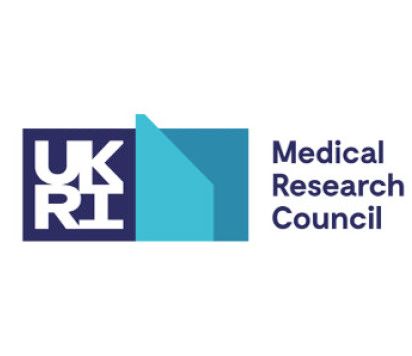Project Title: Multi-omics analyses for human Alzheimer’s disease research
Supervisor: Dr. Nurun Fancy, Dr Johanna Jackson, Professor Paul M Matthews
Location: Level 7, Sir Michael Uren Hub, White City Campus, 86 Wood Lane, W12 0BZ
About Me
Multidisciplinary research scientist with training in biomedical sciences, health data analytics, machine learning, and business.
Prior to starting my PhD, I worked for medtech and pharmaceuticals companies. I am interested about the intersection of data science and healthcare, and more spefically on omics data.
Qualifications
- 2020-2021: MSc Health Data Analytics & Machine Learning, Imperial College London, Distinction
- 2017-2018: MSc International Health Management, Imperial College London, Distinction
- 2014-2017: BSc Natural Sciences (Biomedical Sciences major), University College London, High Second-Class Honours
Research Interests
I am part of the Multi-‘omics Atlas project, a UK Dementia Research initiative. https://map-ad.org/. Multiomics is revolutionising the way we model complex diseases, which is crucial if we are to build up a full molecular profile of the cellular changes that occur in Alzheimer’s Disease.
With the availability of many 'omics' data, such as transcriptomics, proteomics or metabolomics, the integrative analysis of multiple datasets from different platforms is becoming crucial to unravel the relationships between different biological functional levels. However, the development of such an analysis is a major computational and technical challenge as most approaches suffer from high data dimensionality. New methodologies need to be developed and validated.
My PhD centres on building a bioinformatics pipeline for data pre-processing and integrative analysis of multi omics data. This will include a wide range of integrative algorithms, ranging from multivariate models, to network-based, to deep learning. With such pipeline in place we can enable more reproducible, efficient and scalable analyses of multi omics data.
Leveraging this bioformatics pipeline, I will then be able to answer fundamental questions on the emerging role of microglia in AD neuropathology. Precisely, I will be looking at molecular profiles of neuroprotective versus neurotoxic microglia, which are thought to be potential therapeutic targets for AD. As an MSc student, I have previously worked with the same team, where I was studying the transcriptomic profiles of microglia in human AD post mortem tissue. My PhD project will continue to look at the microglial response in human AD but now integrating different omic datasets.
Potential research outcomes include the creation of an automated bioinformatics pipeline for integrative analysis of multi omic data, as well as new drug targets identification for Alzheimer’s.
Programming Languages
R, Python, Bash
Contact Details
Email: eleonore.schneegans17@imperial.ac.uk
Twitter: @Eleonoreschneeg
LinkedIn: eleonore-schneegans-744b15102

